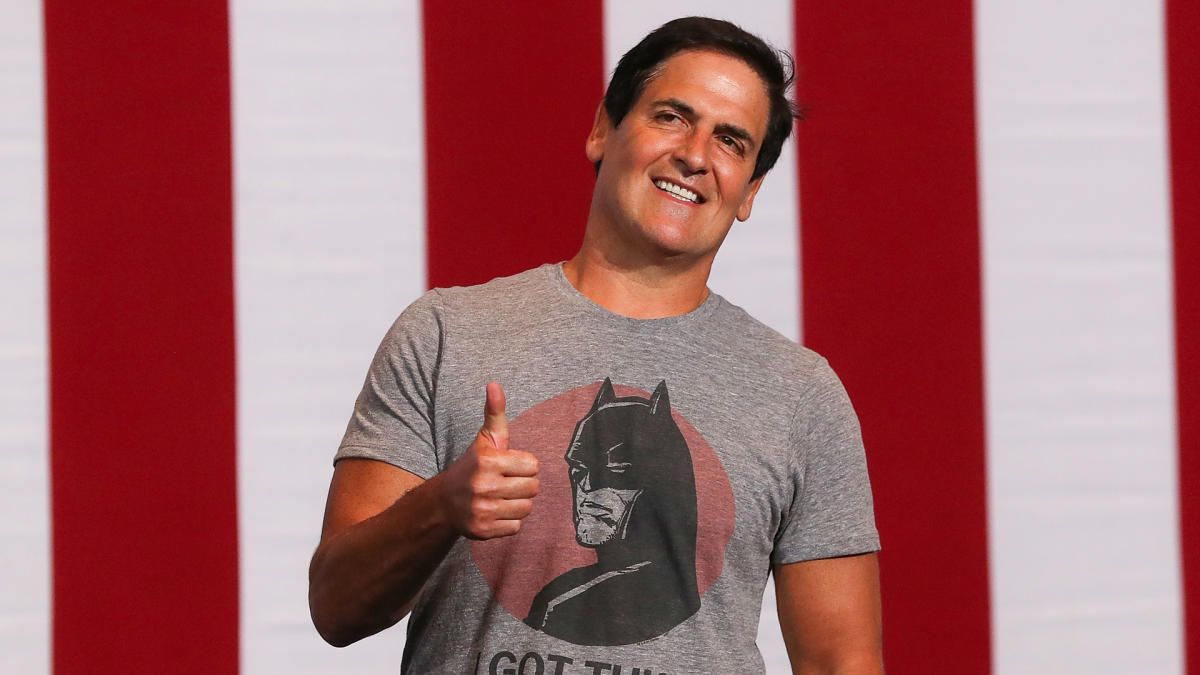In the heart of Flint, Michigan, Dr. Mona Hanna, a pediatrician known for her role in uncovering the city’s water crisis, is on a mission to support families and reduce child poverty through a groundbreaking program called Rx Kids. This program offers cash aid to pregnant moms and babies, providing $1,500 mid-pregnancy and $500 each month for the baby’s first year. The program is universal, with nearly every baby born in Flint since its launch enrolled in Rx Kids.
Parents in Flint who participate in Rx Kids have shared how the financial support has been a lifeline for them, helping with essentials like cribs, diapers, clothes, and more. Beyond meeting immediate needs, Rx Kids aims to address child poverty on a larger scale, sparking conversations about the potential impact of child cash benefits in communities across the country.
Child cash benefits are not a new concept globally, with several countries already offering similar programs. In the U.S., the temporary child tax credit expansion during the pandemic led to a significant decrease in child poverty rates. However, when the program expired, the rates rose again, highlighting the need for sustainable solutions like Rx Kids.
Luke Shaefer, an advocate for child cash benefits, and Dr. Mona Hanna joined forces to create Rx Kids, with the goal of not only supporting Michigan families but also inspiring donors, lawmakers, and voters to consider the benefits of such programs. Their efforts have garnered bipartisan support, with leaders like Republican state Sen. John Damoose recognizing the importance of investing in programs that support mothers and children.
Expanding Rx Kids to other communities has been a challenge, with funding being a major hurdle. In rural areas like Michigan’s eastern Upper Peninsula, where poverty rates are high and resources are limited, the need for programs like Rx Kids is evident. Families in these areas often struggle to make ends meet, facing barriers to accessing essential resources and services.
One such family is Jessica Kline and her daughter Aurora, who live in Munising. Aurora, born prematurely, requires specialized care and support. For families like theirs, the financial assistance provided by Rx Kids could make a significant difference in their ability to meet their needs and thrive.
Despite the challenges of funding and sustainability, efforts to expand Rx Kids to underserved communities continue. Private foundations have stepped in to support the program in some areas, showing that there is a growing recognition of the importance of investing in families and children to break the cycle of poverty.
In conclusion, programs like Rx Kids offer a glimpse of hope for families facing financial hardships and barriers to accessing essential resources. By addressing child poverty through targeted cash aid programs, communities can make a meaningful impact on the lives of families and children, setting the stage for a brighter future for all.




















